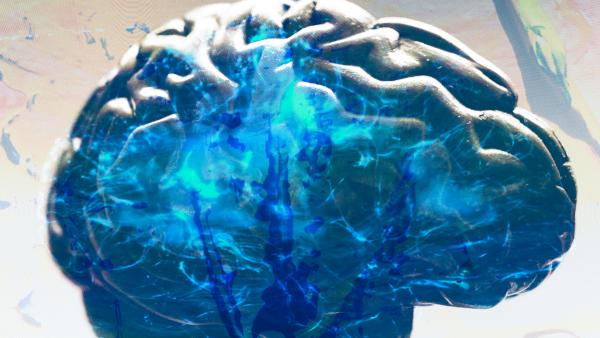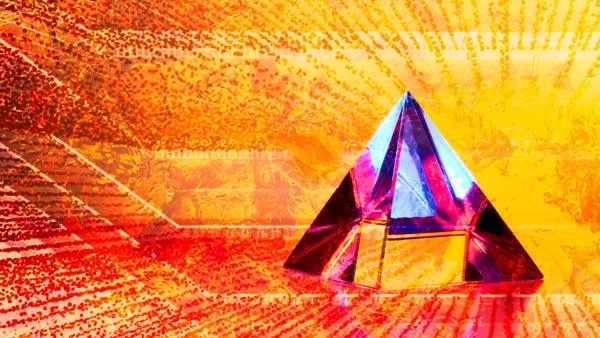New experiences rewire the brain. So after all we’ve been through, are we different? We consider the "COVID brain" in both neuroscience and the arts.
Science
After months of isolation, the COVID-19 lockdown is rewiring your brain. Neuroscientist David Eagleman says our brains are continually in flux, responding to the surrounding world. And the silver lining of coronavirus? It's probably boosting your creativity.
In 1848 Phineas Gage suffered a gruesome accident. BIasting through rock to build a new railroad in Vermont, an explosion sent a 3-foot, 13-pound iron rod straight through his skull. Remarkably, Gage lived, but brain science changed forever.
Alchemists believed that if they could transform matter, why not also the spirit, or the self? That last part is what’s attracting new followers today, like Sara Durn.
Pamela Smith's science history students spend a semester taking medieval alchemical recipes and re-creating them in a lab.
We explore the ancient, obscure, occult science and art of alchemy — it turns out to be a lot more relevant to our lives than you’d believe.
Lulu Miller's book “Why Fish Don’t Exist” — which examines ichthyologist David Starr Jordan — is a meditation on the shadow side of scientific classification, and the dangers of trying too hard to impose order on chaos.
Putting aside the question of whether there's any validity to it, the ancient science of astrology has a lot in common with contemporary data science. In fact, data scientist Alexander Boxer calls astrology humanity’s very first set of algorithms.








